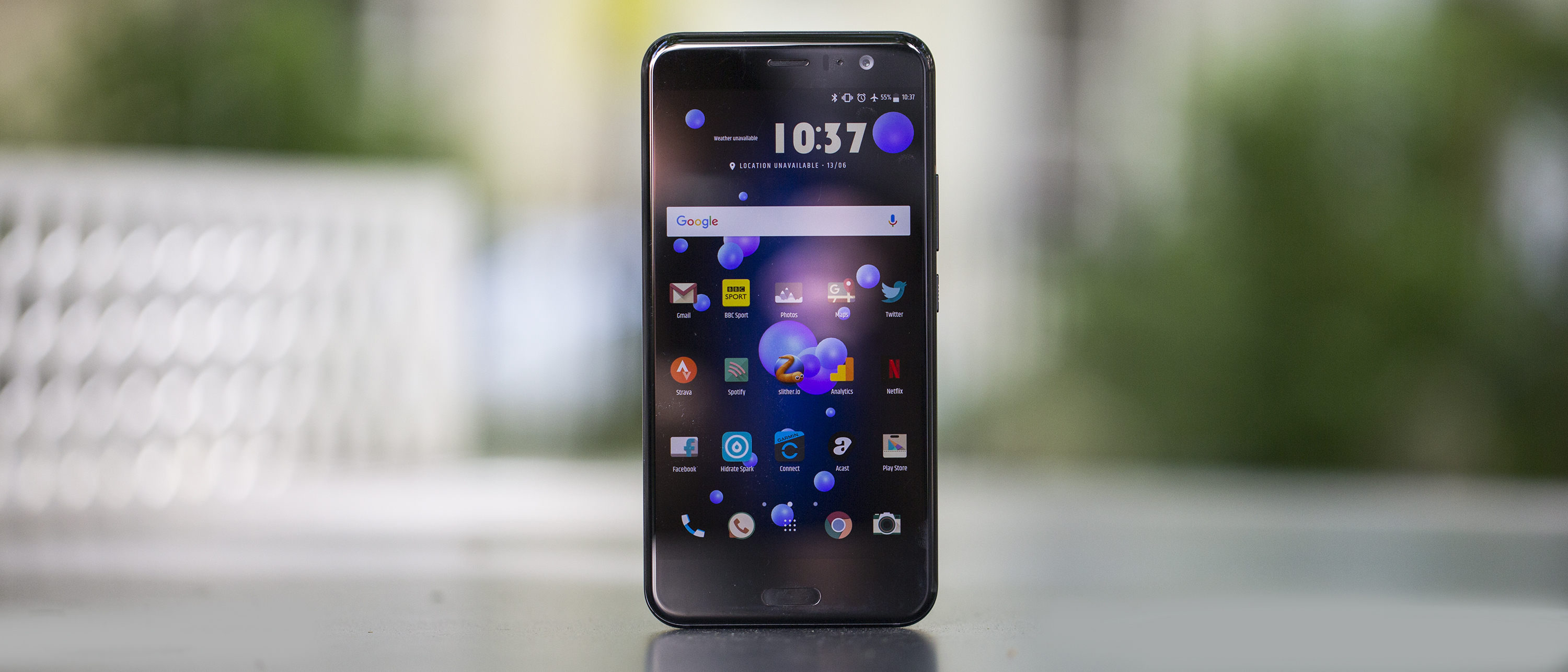Why you can trust TechRadar
- Very impressive performance
- Strong HDR capabilities
- Shutter speed lag irritates
The camera on the HTC U11 is a 12MP affair, with only a single lens to speak of – there's no double sensor here, as we're starting to expect on flagship phones.
That doesn't really matter here, thankfully, as HTC has packed in some good technology for the single camera, and as a result you'll largely get excellent snaps.
The HTC U11 has been tipped by imaging analysts DxOMark as the best cameraphone on the market following its extensive battery of tests, and while we've seen other high-scoring phones not actually have brilliant day-to-day cameras, the U11 is more than capable.

The main feature it's sporting is the HDR Auto mode, which combines the best parts of three snaps into one every time you chop the shutter.
It's a feature that was particularly prominent on the Google Pixel, which coincidentally enough HTC also manufactured, so it knows what needed to be done in making a good image.
There are a range of mode options with the camera as well, with professional mode giving a wide range of options to tune up your snaps, and the ability to capture in raw if you like getting all the data from the sensor to manipulate.
Like on the HTC 10, once you've taken a picture in raw mode Google Photos can enhance it further for you, working out the correct exposure and often making the picture even clearer.

However, even with a monumentally strong processor on board this still takes a while – it is faster than last year, but you won't be able to do this for every photo you take as it'll take up far too much of your life.
The other thing that HTC still hasn't solved with its phones is a slight touch of shutter lag. It's always been one of the slower phones to respond to the touch when you want to take a photo, and while the U11 is quicker than before there's still a noticeable pause when you want to take a snap.

This is particularly infuriating when you're trying to grab a picture of a child or an animal that isn't holding completely still, and considering that HTC is making a big deal about the fact the U11 can focus in 0.3 seconds this is an odd performance.
We don't want to make this sound like a huge problem – it's a blink of an eye slower – but it is noticeable, and it means that when you use the squeezable sides of the HTC U11 to take a picture you're always worried that the framing will be off, as the squeeze itself seems to shake the phone a little.
You'll get used to it, but even at the lowest squeeze level you're still going to get some shudder with the effort of clenching your palm.
It's still much easier to use the volume-down key to do the same thing – it's more intuitive and takes less effort than using Edge Sense.

The front-facing camera on the HTC U11 is one of the better examples out there, letting in loads of light in the 16MP sensor and an f/2.0 and make the pictures more clear.
This is necessary as there's no flash from the phone itself on the front 16MP sensor, but it's a better option in our opinion - the low light performance and sharpness from the selfie camera is one of the very best we’ve seen.
The video recording on the HTC U11 is, once again, among the very best we've seen from a smartphone. The lack of distortion at a gig or generally loud scene is unbelievable, and combined with the 4K sharpness on offer it leads to some stunning videos.
The sound is properly recorded in 3D thanks to more microphones being packed in, and you can even zoom into the action and have the sound follow, the U11 intelligently working out where the audio is coming from and following the focus.
We’re not sure that it’s a necessary function to have – it’s super-cool, but it only works well when trying to video something from far away in a noisy environment, and zoomed in video always borders on the grainy.
However, for a kid's school play or recital, it's the perfect feature.
Camera samples
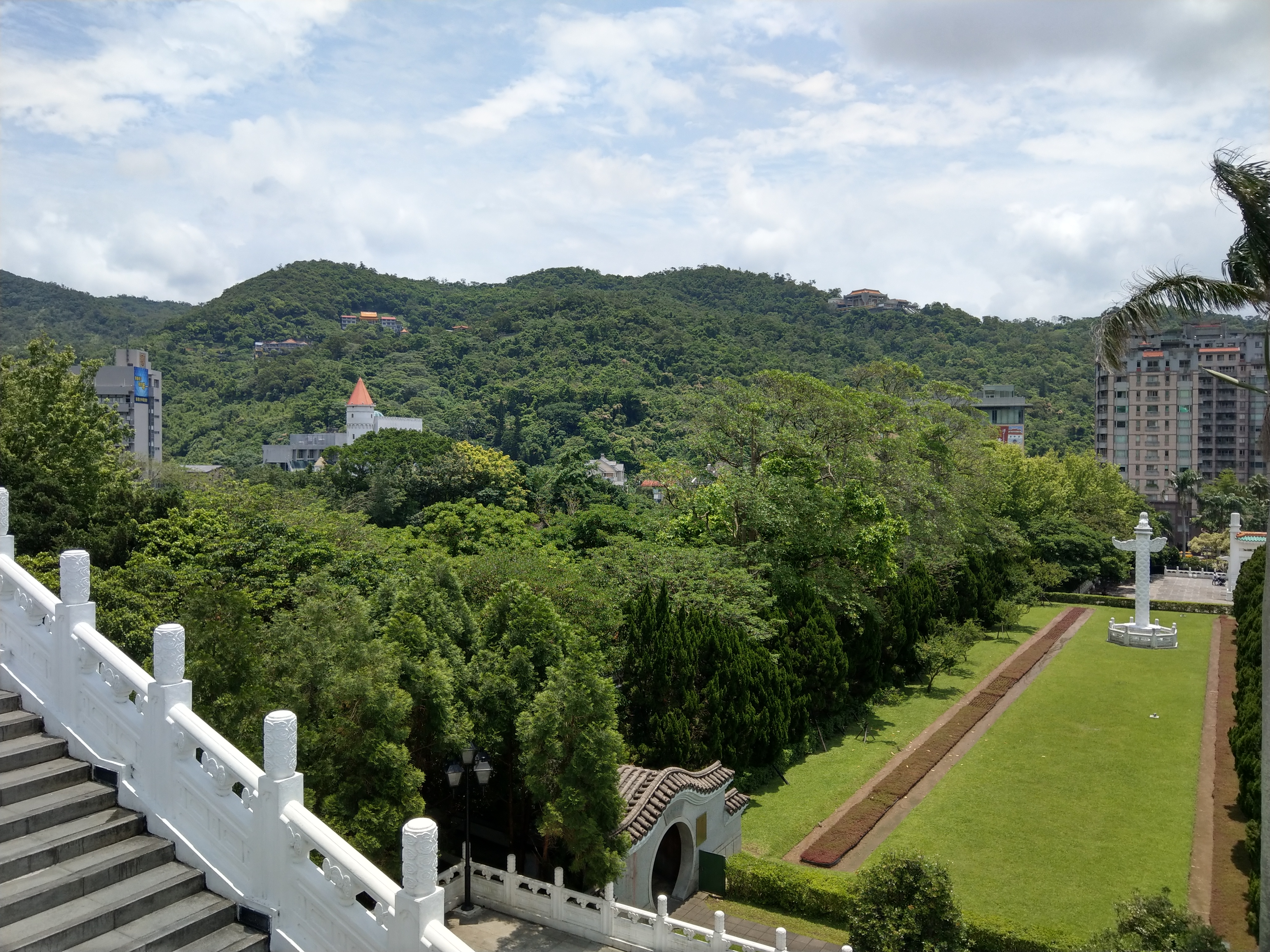
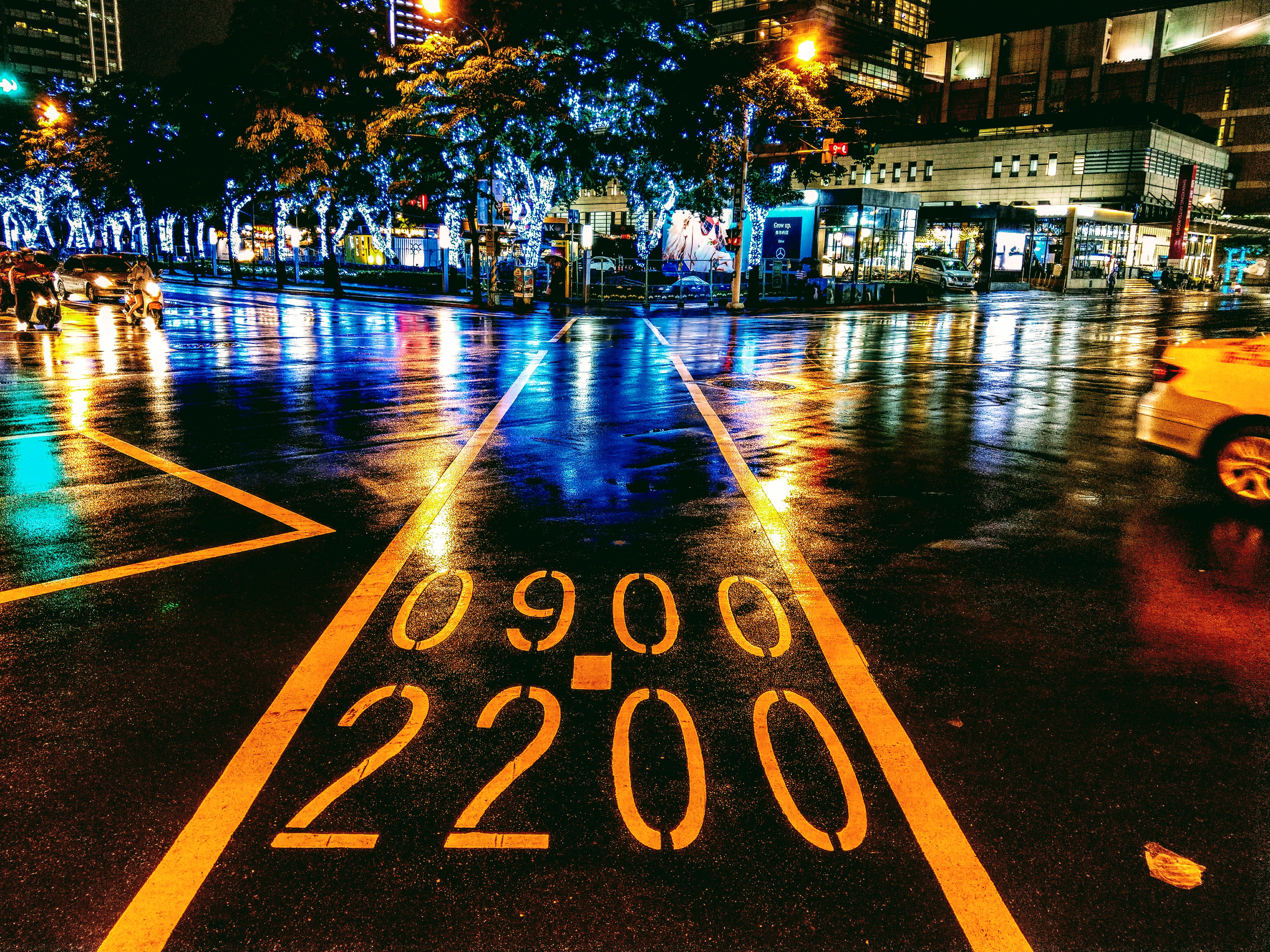

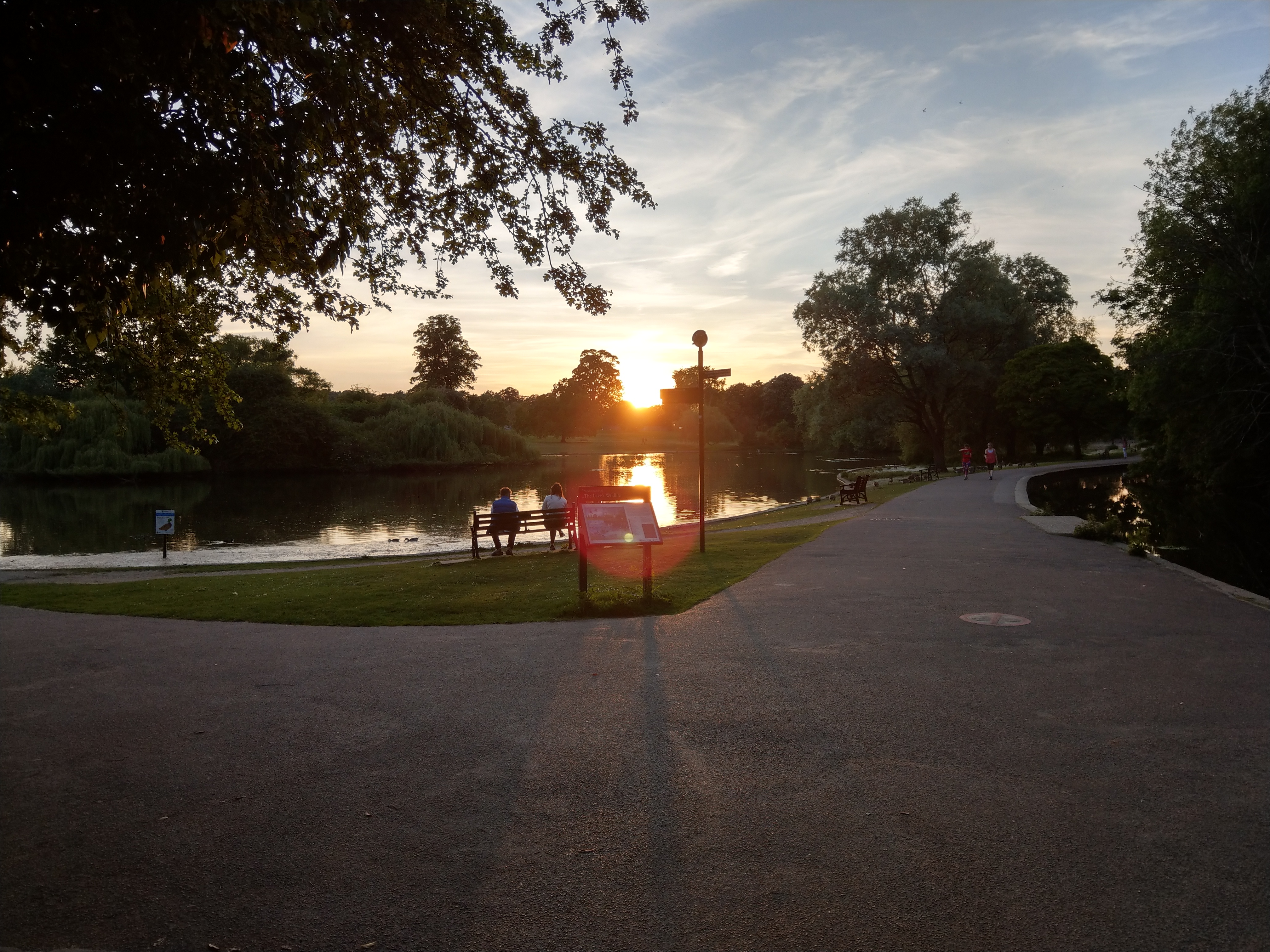
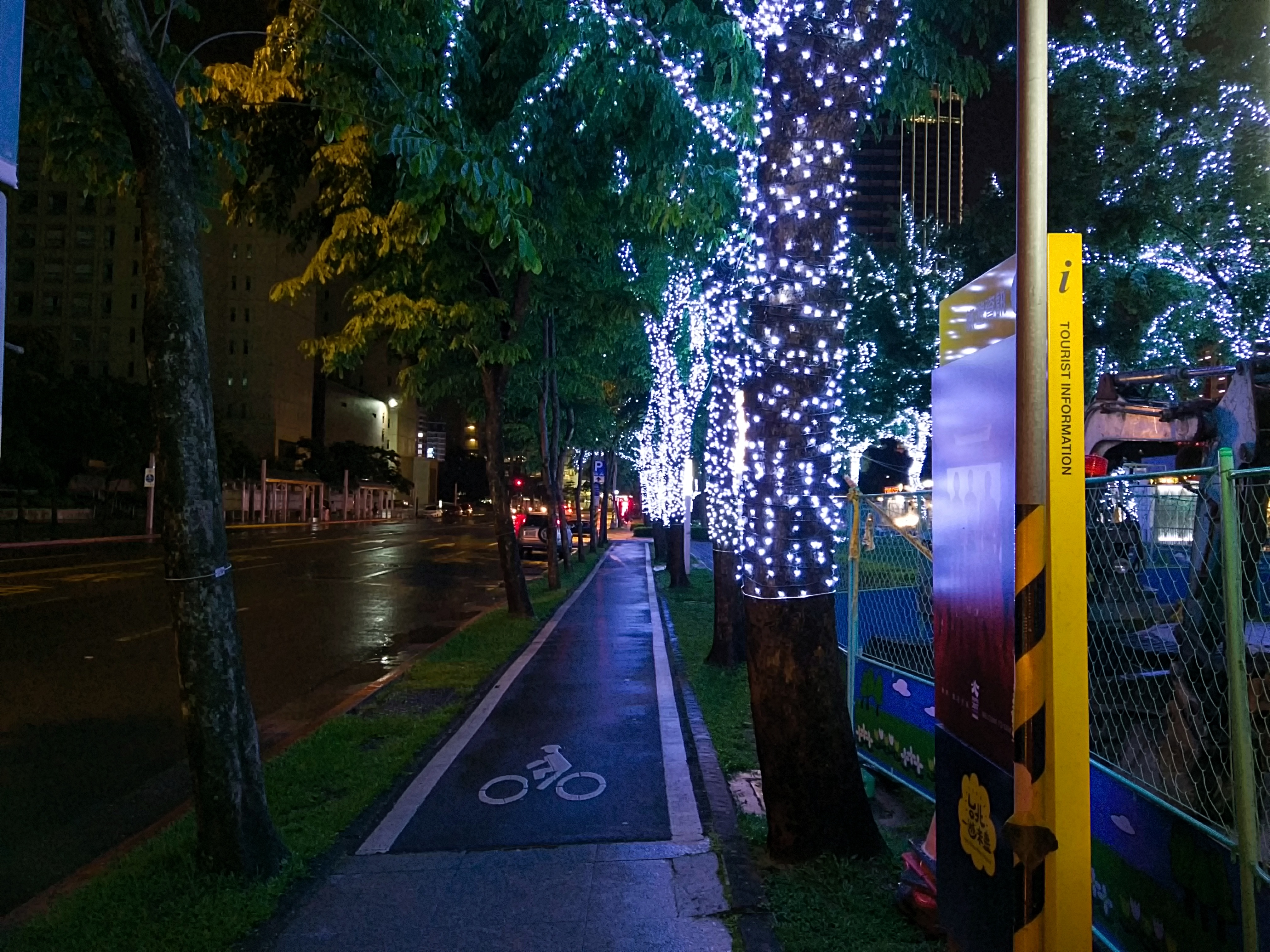




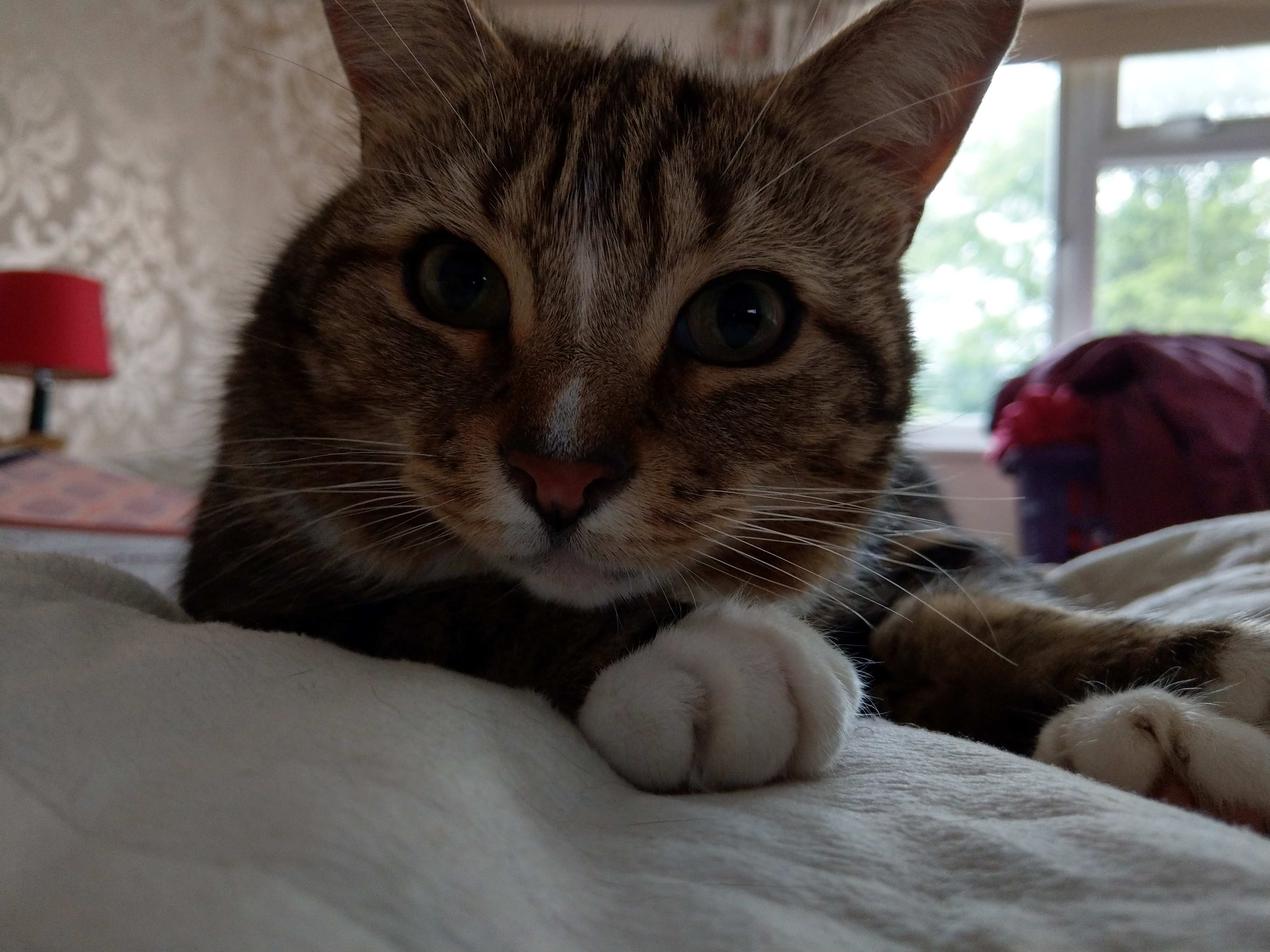

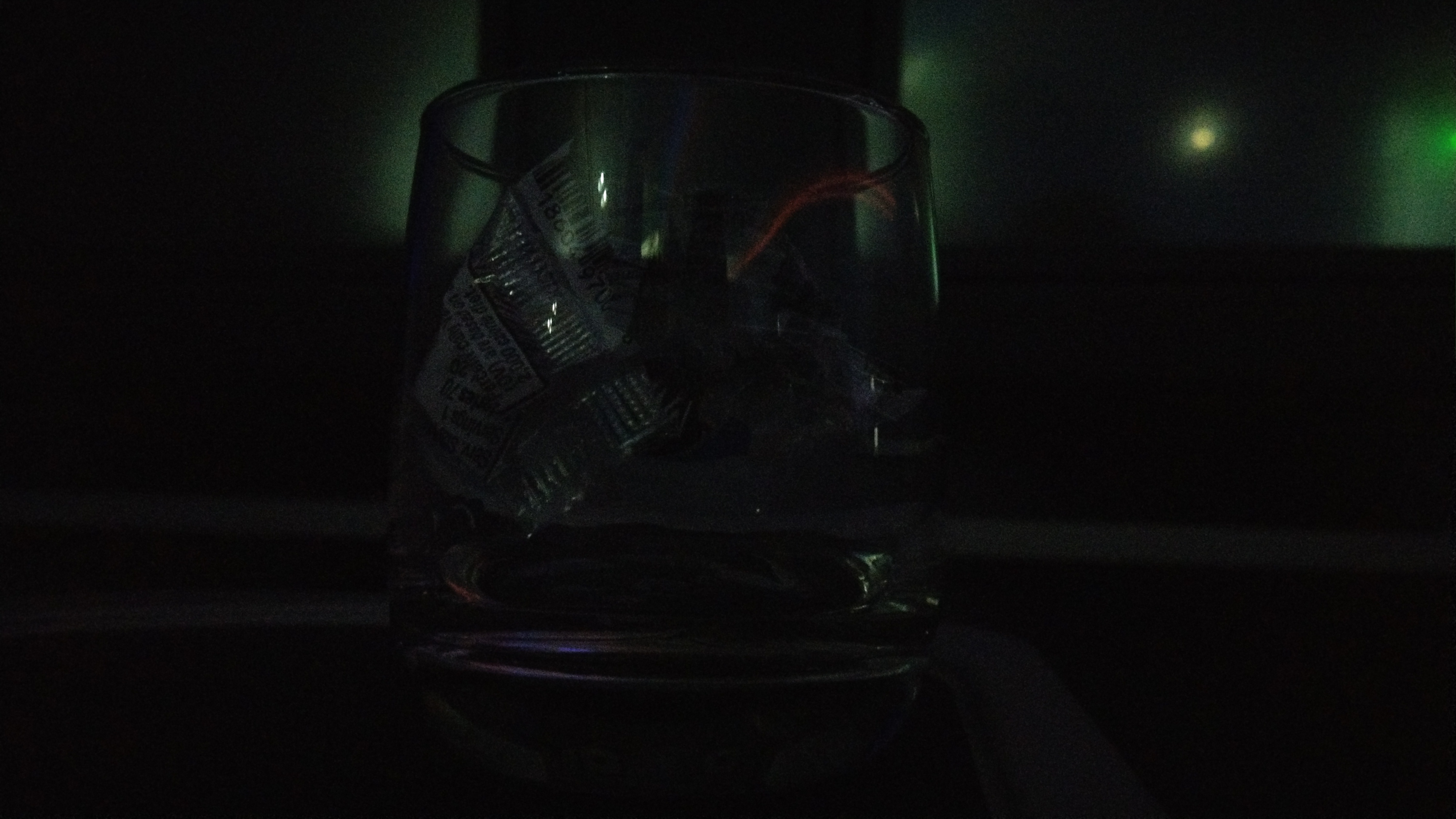
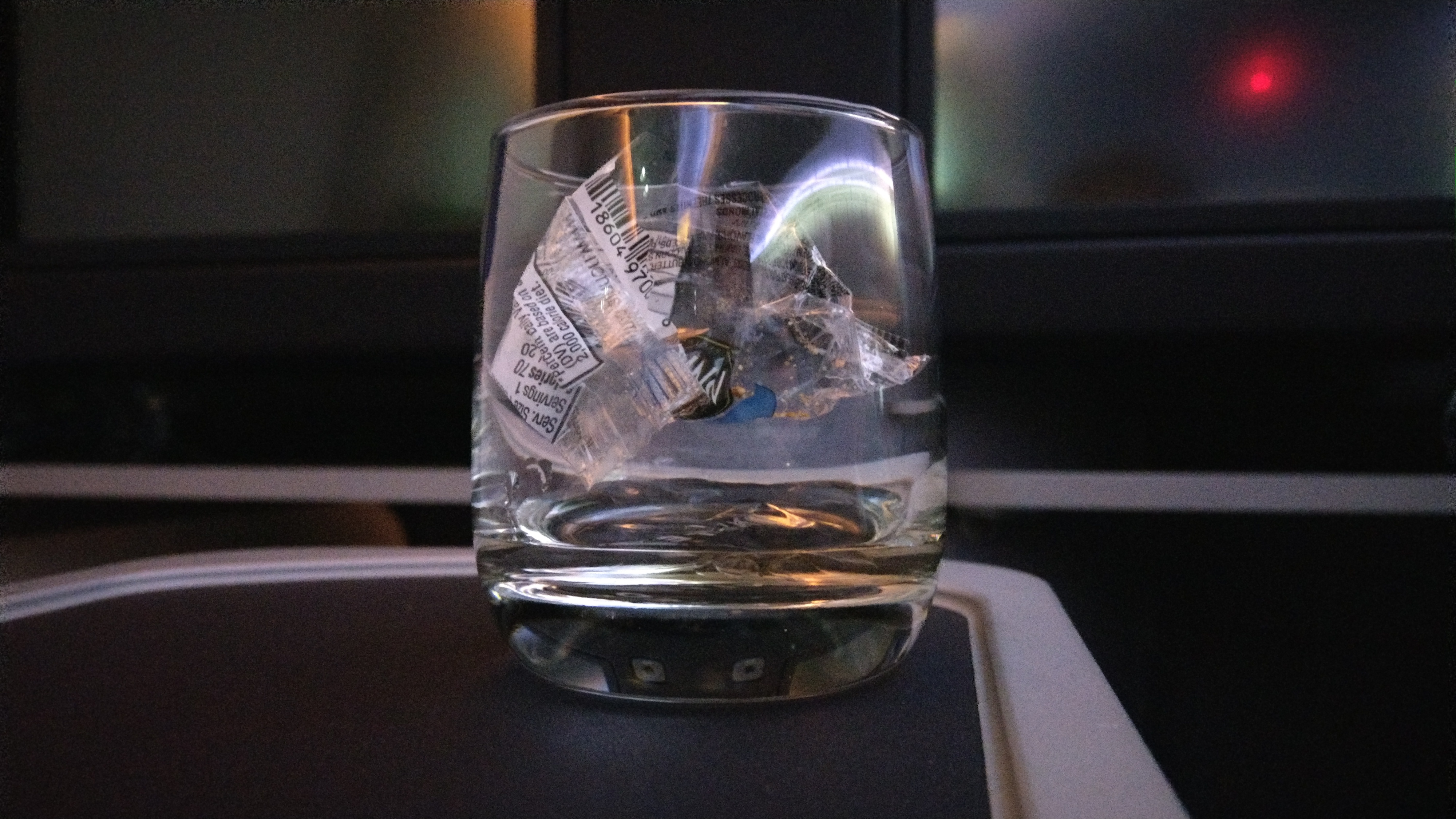



Battery
- Lasts pretty well
- Boost+ does well to keep things in check
The battery life on the HTC U11 comes from a 3000mAh power pack, and it's actually much better than we were expecting.
HTC has always had a problem with getting the best out of its batteries, and the worry every time we use a phone from the brand is that we'll spend too much time hanging around a power outlet, just in case.
Thankfully it seems that things aren't anywhere near as bad with the new HTC, and that largely seems to be due to the HTC Sense Companion / Boost+ technology working in tandem to learn your habits well.

This means things like noting which apps you're using in which ways, so if you don't need all the pixels from the screen for some functions it'll automatically fire up fewer – going to HD mode doesn't really seem to make much difference visually, but overall it seems to have a good effect on the battery life.
Well, at least that could be the case. The graphs that the U11 will throw at you when suggesting battery optimizations show two lines: one that highlights your current usage, and one that shows what you could be getting if you take certain actions.
We've no way of telling whether the claimed increase in battery life is correct, but being able to toggle on certain things allows you to make some decisions on whether you need the extra power.
Sure, your favorite graphically-intensive game looks sublime in QHD, but is it worth the cost of an hour's battery life? Probably – but at least you'll know what happened at the end of the day when you're reaching for the charger.
The HTC U11 packs Sense Companion, as previously discussed, and while it's rudimentary over battery tips, it does work – when it notes that you've got something in the calendar that evening and you're starting to get low about mid-afternoon, you'll receive a gentle prompt to get charging.
That only works if you properly use your calendar, however – which many of us don't do, only putting in the odd thing. If you've got a shared calendar at work Sense Companion will also spot meetings or dinners for your co-workers, so the notification from the assistant isn't really needed.
Then again, it's no bad thing being prompted to charge if you want to have the whole night without battery worry - even if you are just going home to weep into a lasagne for one.
It's a shame there's no wireless charging on the HTC U11, and we're pretty sure that's a cost-saving exercise. HTC told us during a pre-brief that it was omitted for 'convenience', as the charging speeds weren't good enough yet – but surely the most convenient thing is to have the phone charging in a number of ways?

Given there's no metal back here to cover up a wireless charging connector, this feels like a missed opportunity, especially when the iPhone 8 inevitably cuts the wires for powering up, making the U11 look far behind in terms of spec.
In terms of day-to-day battery performance, we were generally pretty happy with the HTC U11. It’s not the best on the market, but with medium usage it would generally make it happily through the day.
It’s at its best when you’re not turning on the screen, as its background sleep mode is rather advanced indeed at working out what needs to be stopped from drawing power – and only improves with Boost+ tinkering away behind the scenes.
However, we couldn’t ever get the HTC U11 to last comfortably into the next day, so while it’s a decent performance it’s not as good as some of the other top performers on the market.
We ran our standard Full HD battery test, looping video for 90 minutes at full brightness, and the HTC U11 didn’t fare well: 22% lost over the time is on the lower side, with the Samsung Galaxy S8 and S8 Plus managing 19% and 14% drops respectively.
So battery life is, well, fine. It won't wow you, but it'll do.
Current page: Camera and battery
Prev Page Edge Sense, Sense Companion, Alexa and performance Next Page Audio
Gareth has been part of the consumer technology world in a career spanning three decades. He started life as a staff writer on the fledgling TechRadar, and has grew with the site (primarily as phones, tablets and wearables editor) until becoming Global Editor in Chief in 2018. Gareth has written over 4,000 articles for TechRadar, has contributed expert insight to a number of other publications, chaired panels on zeitgeist technologies, presented at the Gadget Show Live as well as representing the brand on TV and radio for multiple channels including Sky, BBC, ITV and Al-Jazeera. Passionate about fitness, he can bore anyone rigid about stress management, sleep tracking, heart rate variance as well as bemoaning something about the latest iPhone, Galaxy or OLED TV.
